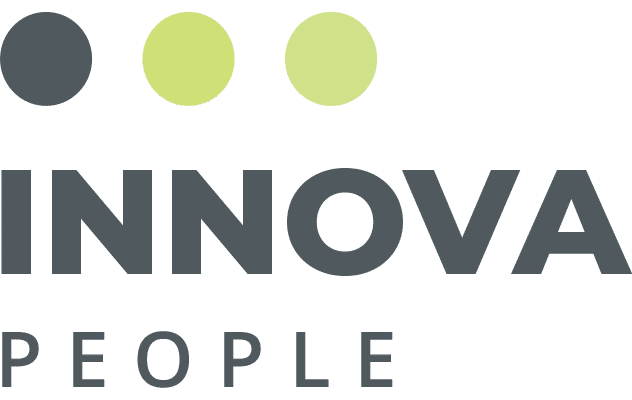Recently, Microsoft Japan experimented with a four-day workweek. While the concept was widely popular with employees, the results may come as a surprise to anyone who buys into the idea that more time at work is the best way to boost productivity.
Last August, Microsoft Japan carried out a project called the “Work-Life Choice Challenge Summer 2019”. For one month, the tech giant implemented a three-day weekend every week, giving 2,300 employees every Friday off during the month with no reduction in salary and no days taken out of their annual leave. Further, The Mainichi reported that Microsoft Japan also announced that they planned to subsidize employees’ education, or even a family vacation, up to ¥100,000.
“Work a short time, rest well, and learn a lot. It’s necessary to have an environment that allows you to feel your purpose in life and make a greater impact at work,” said Microsoft Japan president and CEO Takuya Hirano. “I want employees to think about and experience how they can achieve the same results, with 20 percent less working time.”
The new workweek model challenged employees and managers to find ways to get more done in less time. Meetings were shortened, cut, or conducted remotely so to eliminate the commute. As reported by the Asian news site, SorelNews24, the trial resulted in an incredible 40 percent increase in productivity.
Employees didn’t feel as much need to take time off during the trial, which helped improve productivity rates. Microsoft Japan’s workforce took 25 percent less time off than they did before the four-day workweek experiment began.
Other welcomed changes, employees printed almost 60 percent fewer pages and used 23 percent less electricity in the office since it was empty an extra day. Changes that not only saved Microsoft Japan money but are a welcomed benefit for the environment.
It may seem obvious; it’s also worth noting that 91 percent of employees said they liked the four-day workweek at the end of the trial. Microsoft Japan reportedly plans to repeat its 4-day work week experiment next summer, and possibly expand it to other times as well.
Other businesses apparently have found their results compelling enough to give it a try. In the U.S., Shake Shack started testing the idea a year and a half ago. The burger chain shortened managers’ workweeks to four days at some stores and found that recruitment spiked, especially among women.
Shake Shack’s president, Tara Comonte, told NPR the staff loved the perk: “Being able to take their kids to school a day a week, or one day less of having to pay for daycare, for example.”
The company recently expanded its trial to a third of its 164 U.S. stores.



